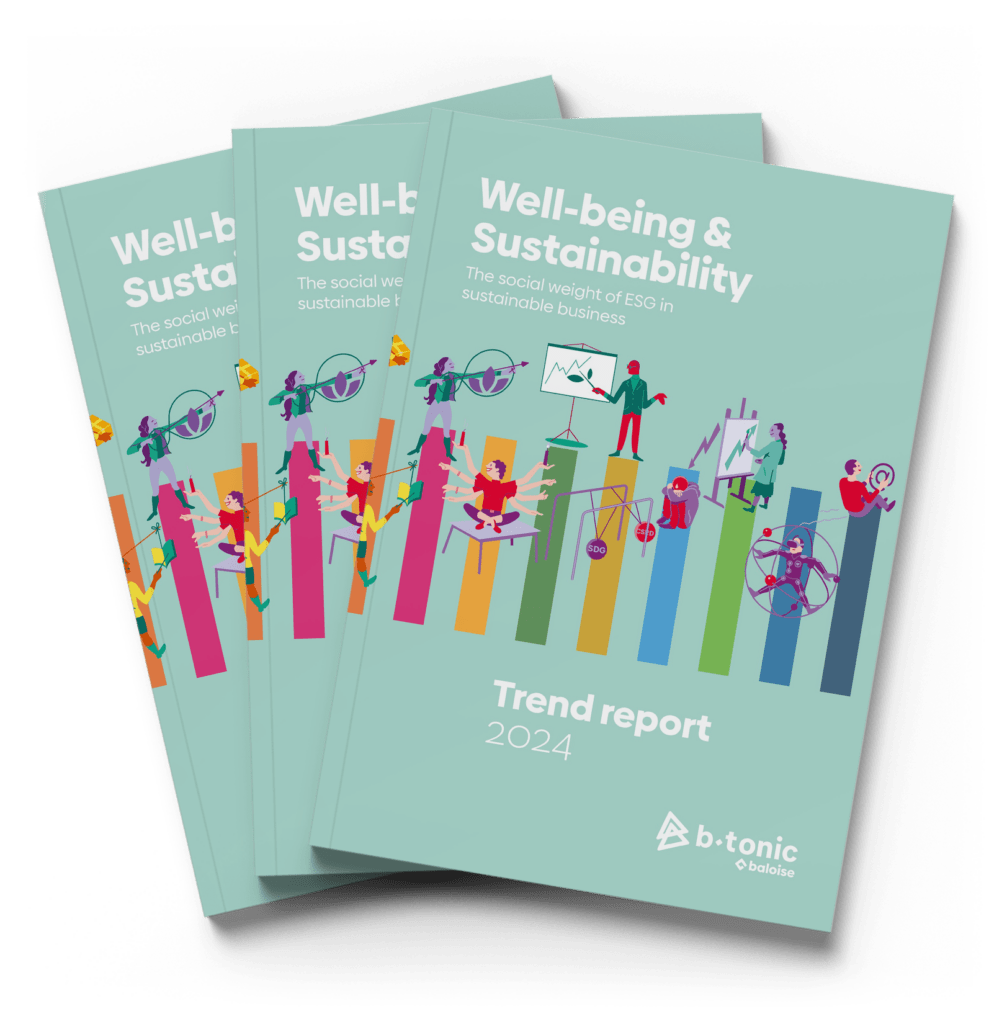
In our Trend Report 2023 ‘Wellbeing&Sustainability’ , we draw a roadmap for companies towards a successful and sustainable future. Trend watcher Herman Konings draws that future into the present with this blog series, using some notable international trends.
In this blog: How can innovation avert the looming water scarcity?
Access to clean water is a global problem. While we have made progress towards a more positive water future, it is simply not enough to keep up with population growth and climate change. The UN has calculated that a quarter of the world’s population – 2 billion people – live in countries with disastrous water shortages.
While water scarcity is on the rise, there are also global concerns about water toxicity. According to Stockholm University, rainwater worldwide is now unsafe to drink because it contains so-called ‘forever chemicals'(PFASs[1]), chemicals that do not degrade in the environment and that can be found in consumer goods such as kitchenware, food packaging, electronics and pharmaceuticals.
Waterless showers
To alleviate concerns about water scarcity but also skin health, a movement against showering is growing. For several years, there has been an (informal) consumer movement encouraging the phenomenon of ‘waterless beauty’. Biomedical studies show that too much showering can damage the human microbiome, so the call by governments to tackle both the energy crisis and the drought problem by showering and bathing less benefits the health of our skin. The Genetic Science Learning Centre at the University of Utah claims that disrupting our microbial ecosystems can cause diseases. Washing too often can damage these microorganisms, which are vital to our health.
Further, dermatologists recommend limiting the number of showers to a maximum of three, and washing too often can be bad for your hair, cause acne, aggravate allergies and dry out the skin, which in turn can lead to skin infections and eczema.
Bill Gates fights water scarcity
Not only governments and NGOs, but also commercial parties and wealthy philanthropic organisations, like that of Bill Gates, are stepping up a few notches in the fight against water wastage. For instance, the US multimillionaire has entered into a joint venture with South Korean electronics company Samsung to develop a prototype waterless toilet for households. The toilet is designed to … euh … flush human faeces without the use of water.
‘The conventional flush toilet has not changed much since it was invented in 1596 by Briton John Harington,’ Gates Foundation’s statement says. Progress was made thanks to the introduction of the underground sewers and waste disposal facilities, but these complex, expensive and difficult to manage technologies are not useful in developing countries where a billion people still need to relieve themselves in the open air.
Usually, innovation is a slow and expensive process, but companies and innovators, stepping in to take action when the government can’t in order to find modern and holistic solutions, are undeniably making up their minds. From flush-free products and filtered systems to innovations against the shower: the future of healthy and clean water is in the hands of technological progress and collective action.
PFAS[1] (per- and polyfluoroalkyl substances) is an umbrella term for over 6.000 chemical compounds fabricated by humans. The. PFOS (perfluorooctanesulfonic acid) belongs to the PFAS family as well.




